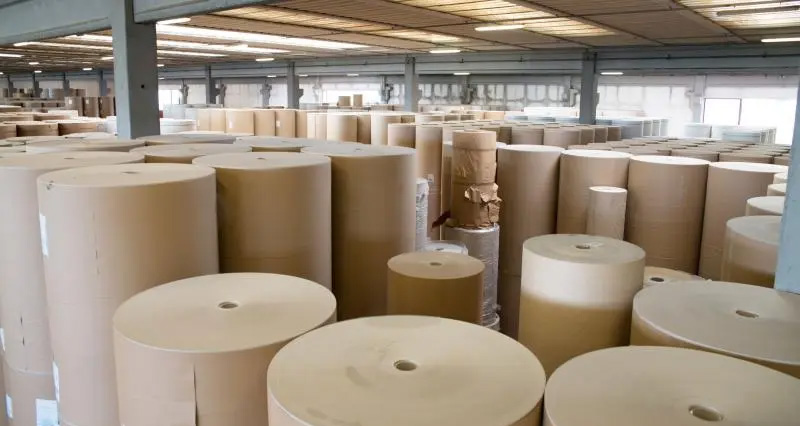Road mobility—whether through freight trucks, urban buses, or light passenger vehicles—depends heavily on the reliability of transmission systems. Within this setup, cardan drive shafts play a crucial role, transmitting power efficiently and safely between different elements of the driveline.
At OHP Service, we know that the key to ensuring durability and safety in cardan shafts lies not only in high-quality manufacturing, but also in proper preventive maintenance, performed to the highest quality standards and in compliance with the strictest certifications.
The Risks of Insufficient Maintenance
Neglecting or delaying cardan maintenance can lead to problems that affect both the vehicle and passenger safety:
- Premature wear of bearings and joints, causing sudden failures.
- Excessive vibrations, impacting driving comfort and the lifespan of other components.
- Increased fuel or energy consumption, due to reduced transmission efficiency.
- Risk of severe breakdowns, leading to high repair costs and downtime that directly affect productivity.
For buses and trucks, such failures not only generate financial losses but also disrupt essential transport services. In light passenger vehicles, including those converted from gasoline to electric or hybrid, cardan shaft failures can compromise safety and undermine the very investment made in sustainable mobility.
Preventive Maintenance: An Investment, Not a Cost
Preventive maintenance means anticipating issues through regular inspections and replacing components before failure occurs. This approach delivers clear benefits:
- Greater operational reliability, avoiding unexpected breakdowns.
- Extended service life of cardans and the vehicle as a whole.
- Cost optimization, by reducing the need for major repairs or full replacements.
- Regulatory compliance, ensuring adherence to safety and environmental standards.
At OHP Service, we design tailored preventive maintenance plans for trucks, buses, and light vehicles, adapted to the real operating conditions of each customer.
The Importance of Authorized Workshops
A critical point is that inspections, maintenance, and repairs of cardan shafts must only be carried out by the original manufacturer or an official authorized workshop. Otherwise, operators face risks such as accidents, legal issues, and loss of warranties.
In the case of public transport buses or passenger vehicles, where human lives are at stake, there can be no cost-cutting. It is essential to always verify that you are working with an authorized partner, ensuring reliability, traceability, and safety in every intervention.
How OHP Service Ensures Excellence in Maintenance
At OHP Service, we support transport companies, workshops, and individual users by offering:
- Comprehensive inspections, detecting wear before it leads to breakdowns.
- Certified repairs, restoring cardans to their original reliability.
- Exclusive use of premium-quality components, in line with international standards.
- Specialized technical advice, adapted to truck and bus fleets as well as light passenger vehicles, including electric, hybrid, and converted models.
Benefits of Well-Managed Preventive Maintenance
Adopting preventive maintenance programs for cardan shafts provides tangible advantages:
- For freight companies: lower operating costs, greater fleet availability, and timely deliveries.
- For public transport operators: service continuity, improved passenger safety, and stronger reputation among users.
- For passenger vehicles: better driving comfort, higher energy efficiency, and longer vehicle value retention.
Conclusion
Preventive maintenance of cardan shafts in trucks, buses, and light passenger vehicles is not optional—it is a strategic necessity to ensure safety, reliability, and efficiency in modern transport.
At OHP Service, we provide maintenance solutions grounded in innovation, expertise, and the strictest certifications, ensuring every cardan meets the highest standards of quality.
Because in mobility, anticipating problems doesn’t just save money—it also saves lives and strengthens trust among passengers and operators.







